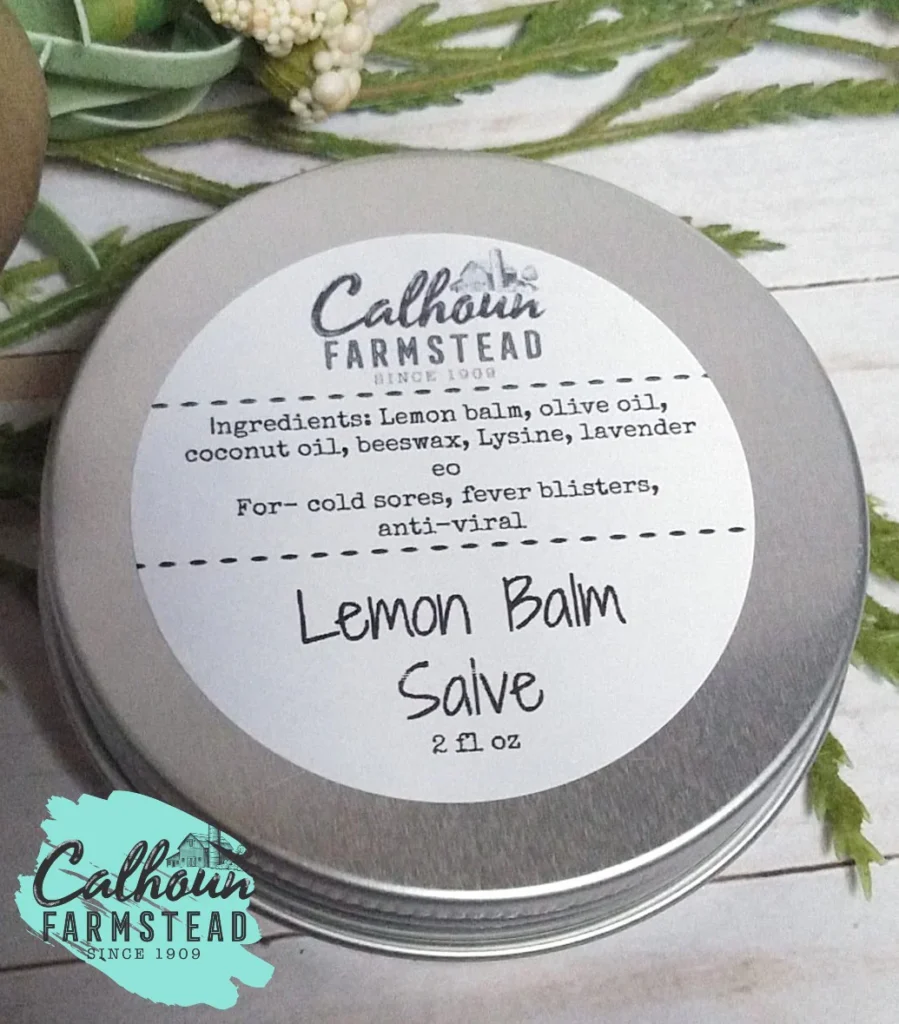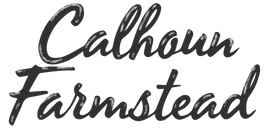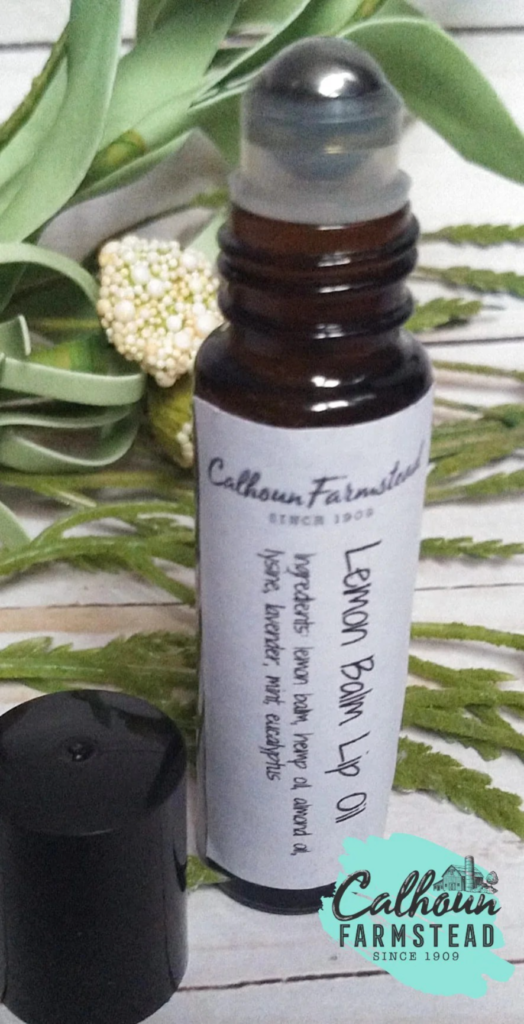
-
Antiviral Properties:
- Lemon balm oil contains compounds like rosmarinic acid and luteolin that fight against HSV-1, the virus responsible for cold sores1.
- Applying lemon balm oil topically can help inhibit viral replication and reduce the severity of symptoms.
-
Topical Application:
- Lemon balm extracts have been shown to exhibit antiviral action against HSV-1 when applied directly to cold sores.
- You can create a simple lemon balm lip balm to harness its healing properties.
-
Lemon Balm Lip Balm Recipe:
- Gather fresh lemon balm leaves (about 2 handfuls).
- Create a soothing lip balm using the following steps:
-
Infusion: Infuse the lemon balm leaves in a carrier oil (such as coconut oil) over low heat. Strain the oil to remove the leaves.
-
Beeswax: Melt beeswax (about 1 tablespoon) in a separate container.
-
Combine: Mix the infused oil with the melted beeswax.
-
Essential Oils: Add a few drops of tea tree oil (known for its antiviral properties) and peppermint oil (for a refreshing scent).
-
Cool and Pour: Let the mixture cool slightly and pour it into lip balm containers.
-
Apply: Use the lip balm on cold sores as needed.
-
Other Tips:
- Strengthen your immune system to prevent cold sores. Consider using elderberry syrup or other immune-boosting remedies.
- If you have fresh lemon balm growing in your garden, make a soothing lemon balm tea. Apply soaked tea bags directly to cold sores several times a day.
- Remember that consistency is key. Apply the lip balm regularly to affected areas.
-
Additional Antiviral Herbs
- Olive leaf, oregano, and forsythia are also known for their antiviral properties. Incorporate them into your routine to support overall immune health.
-
-
- Find LEMON BALM PRODUCTS HERE
-


